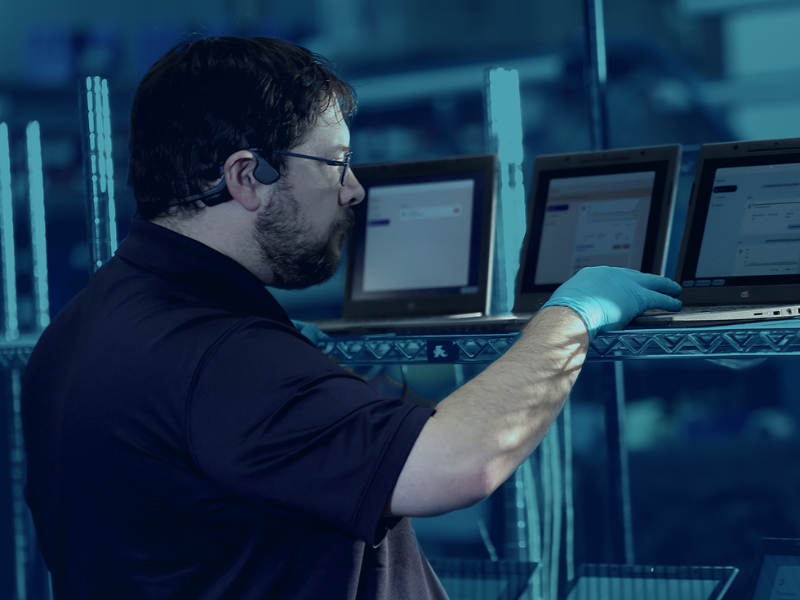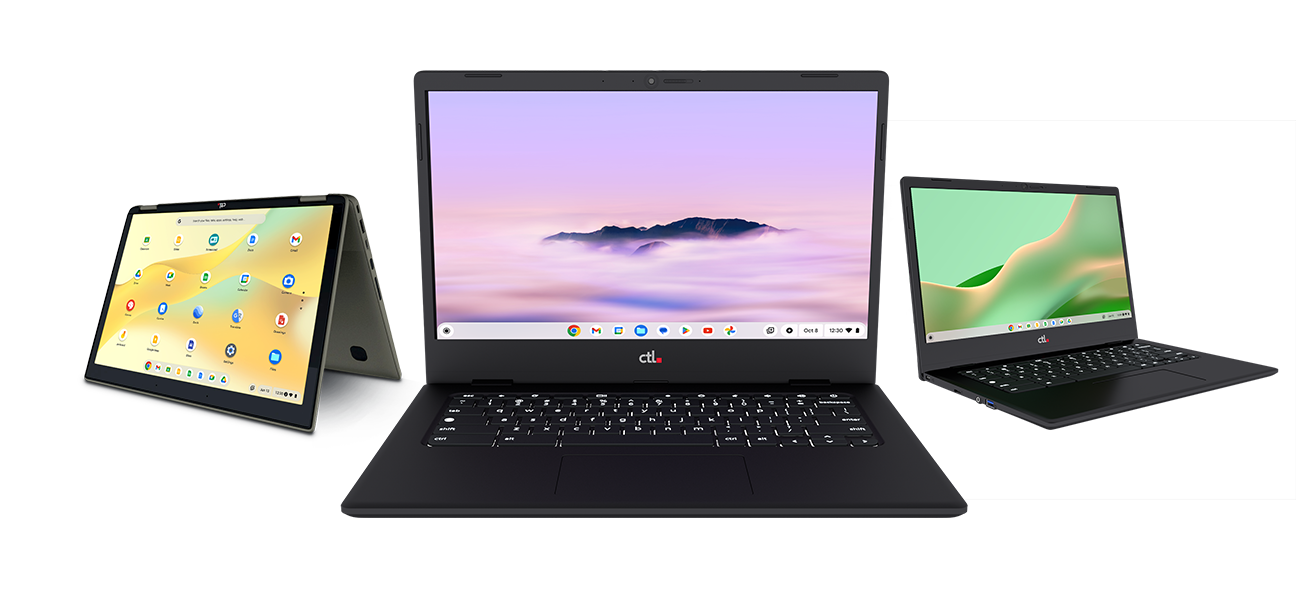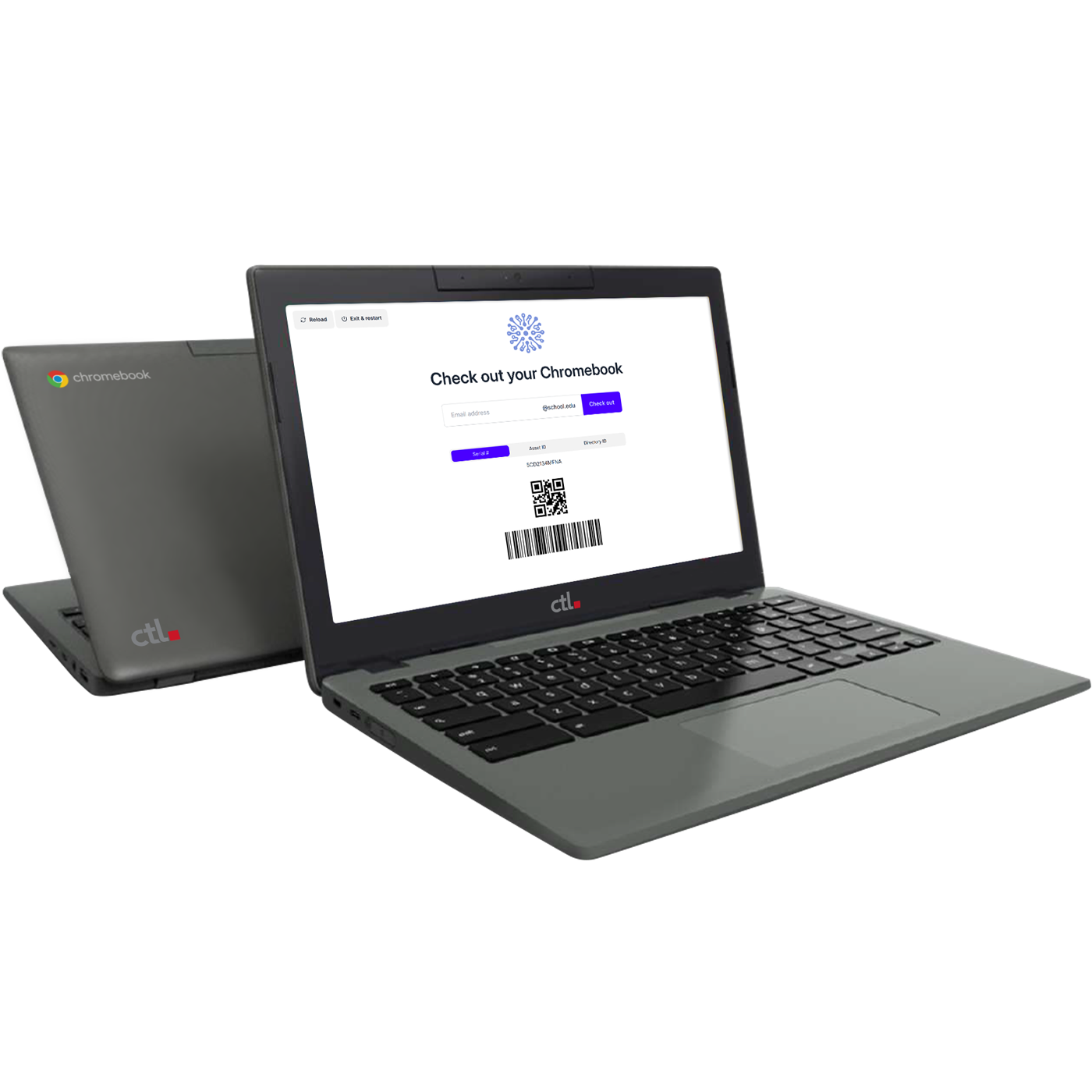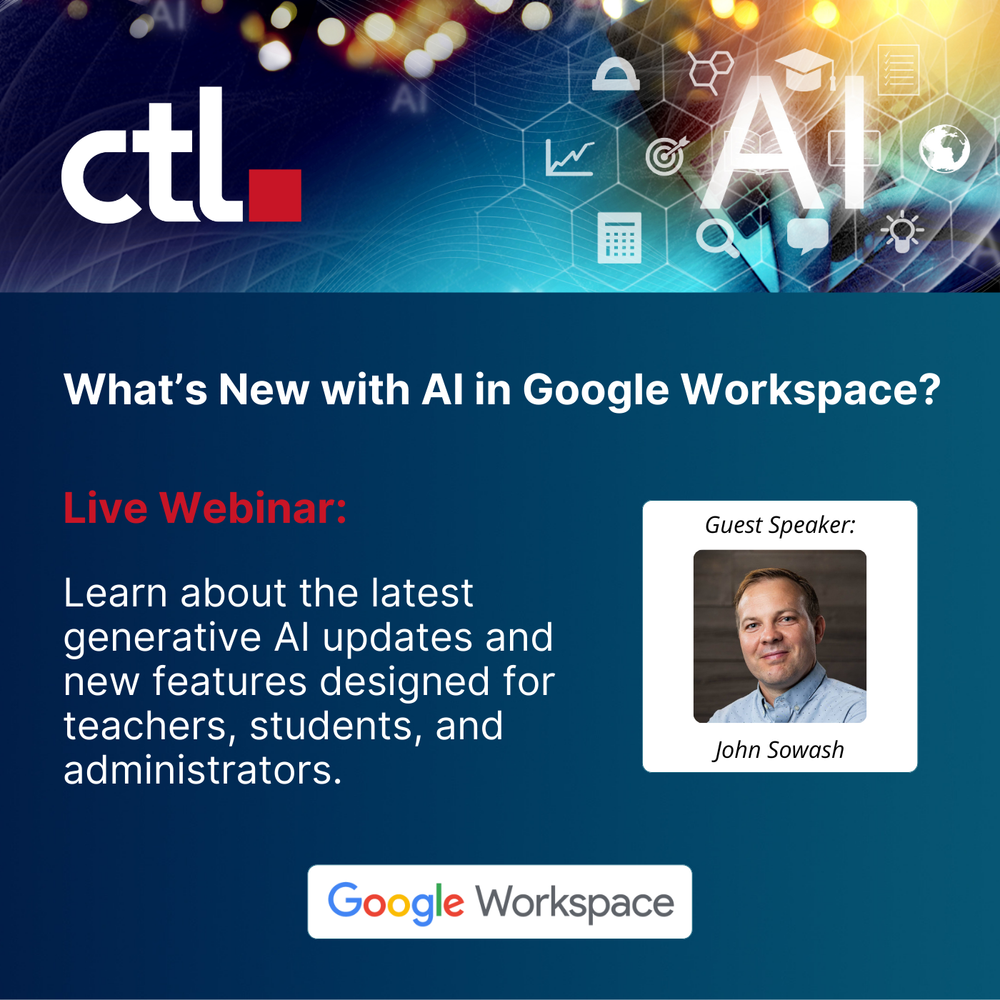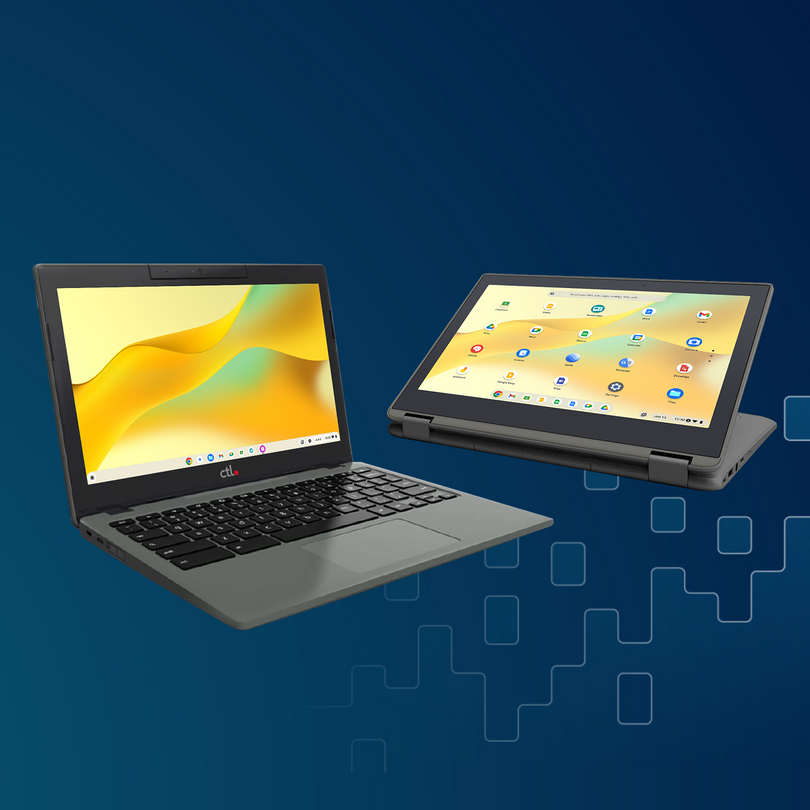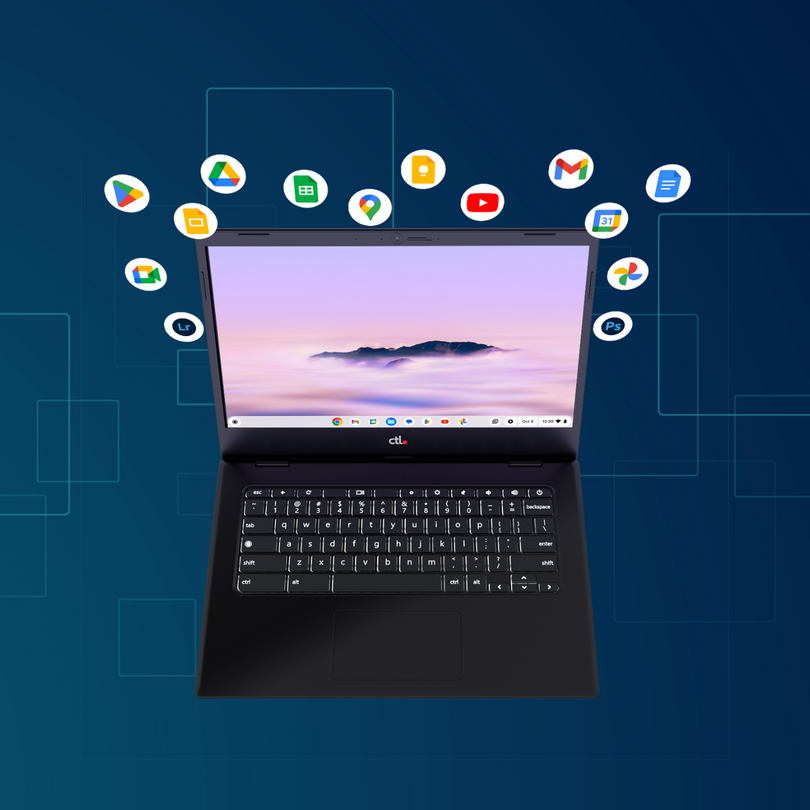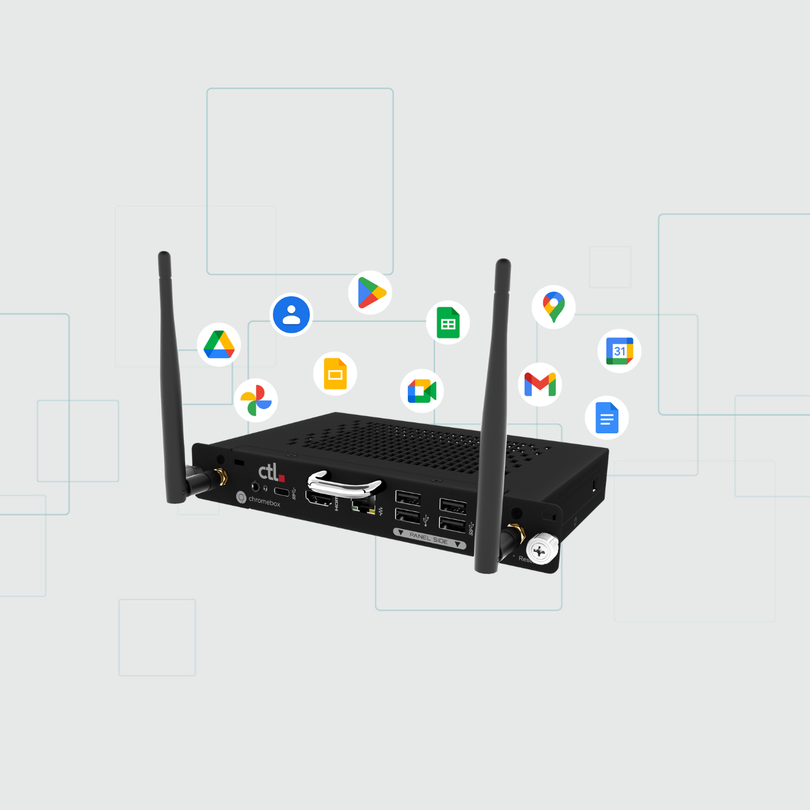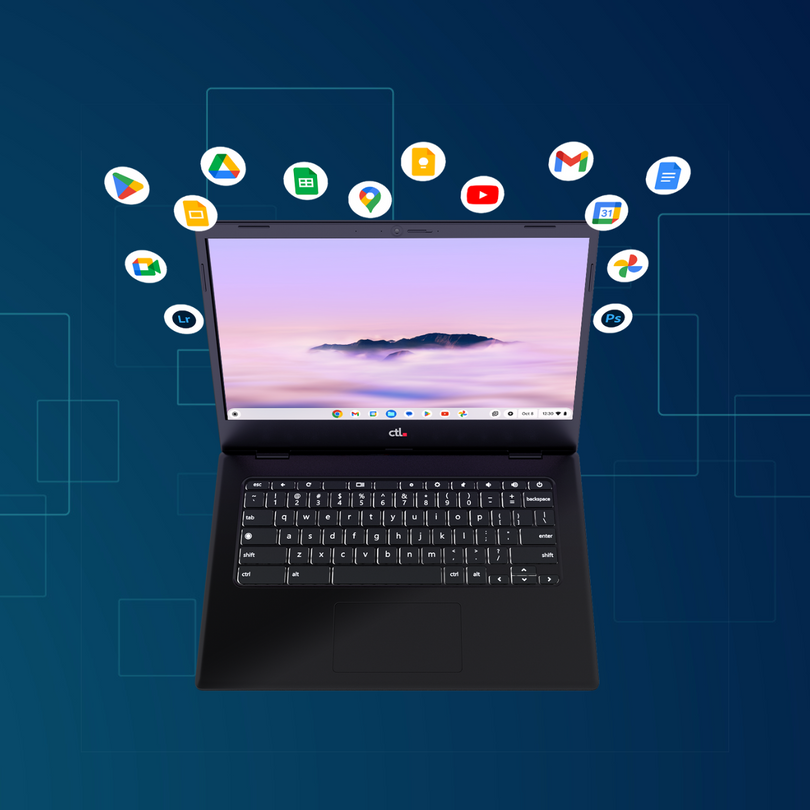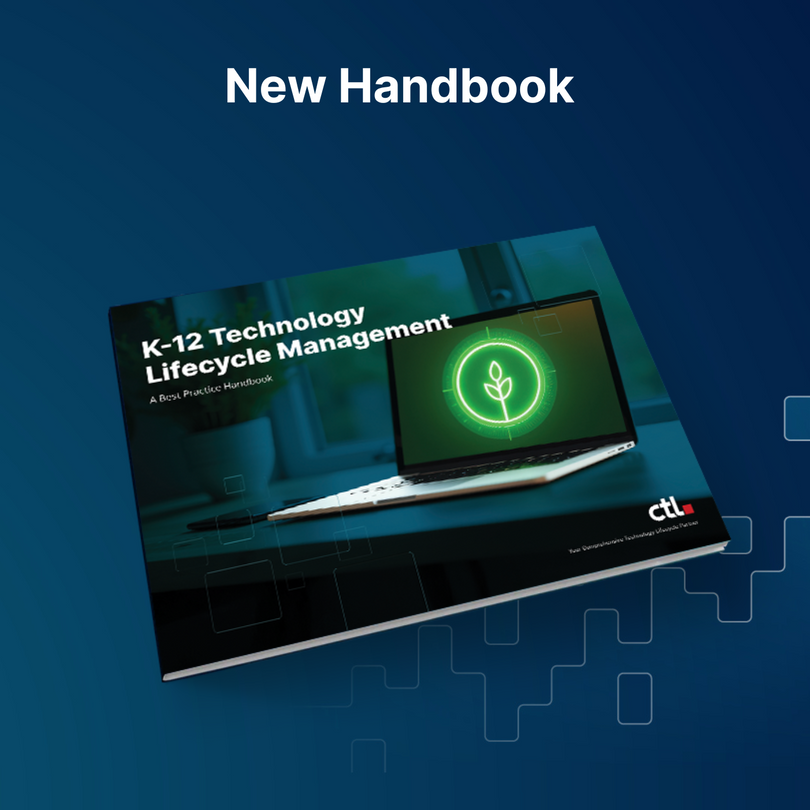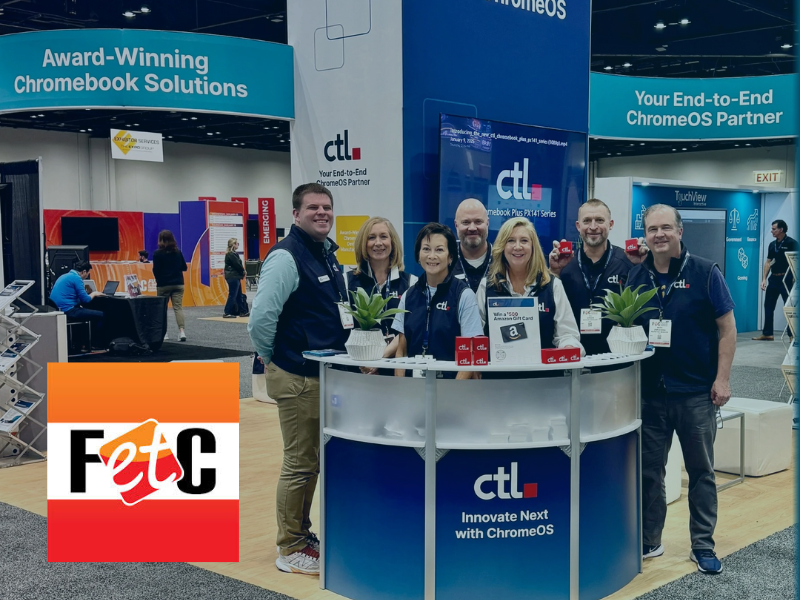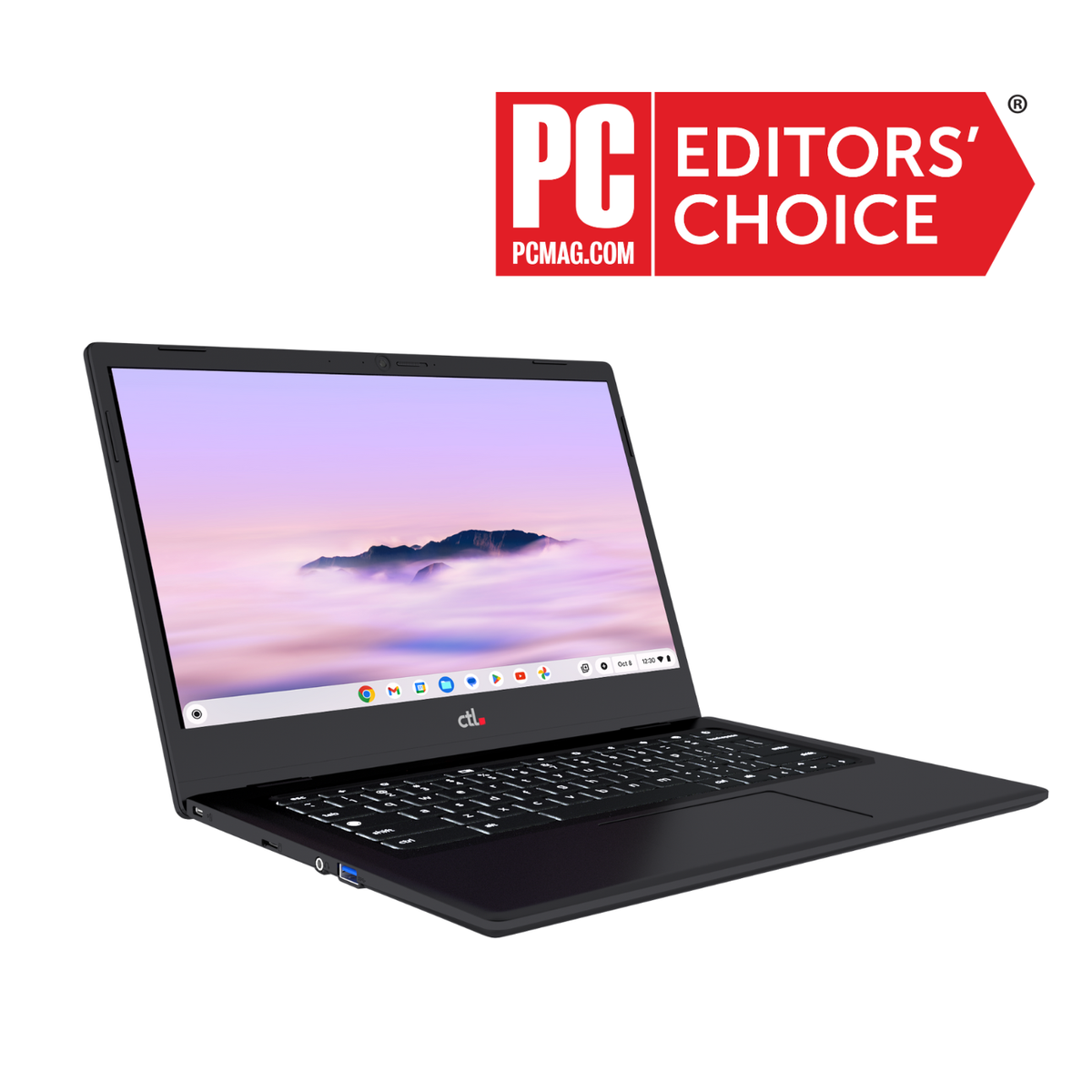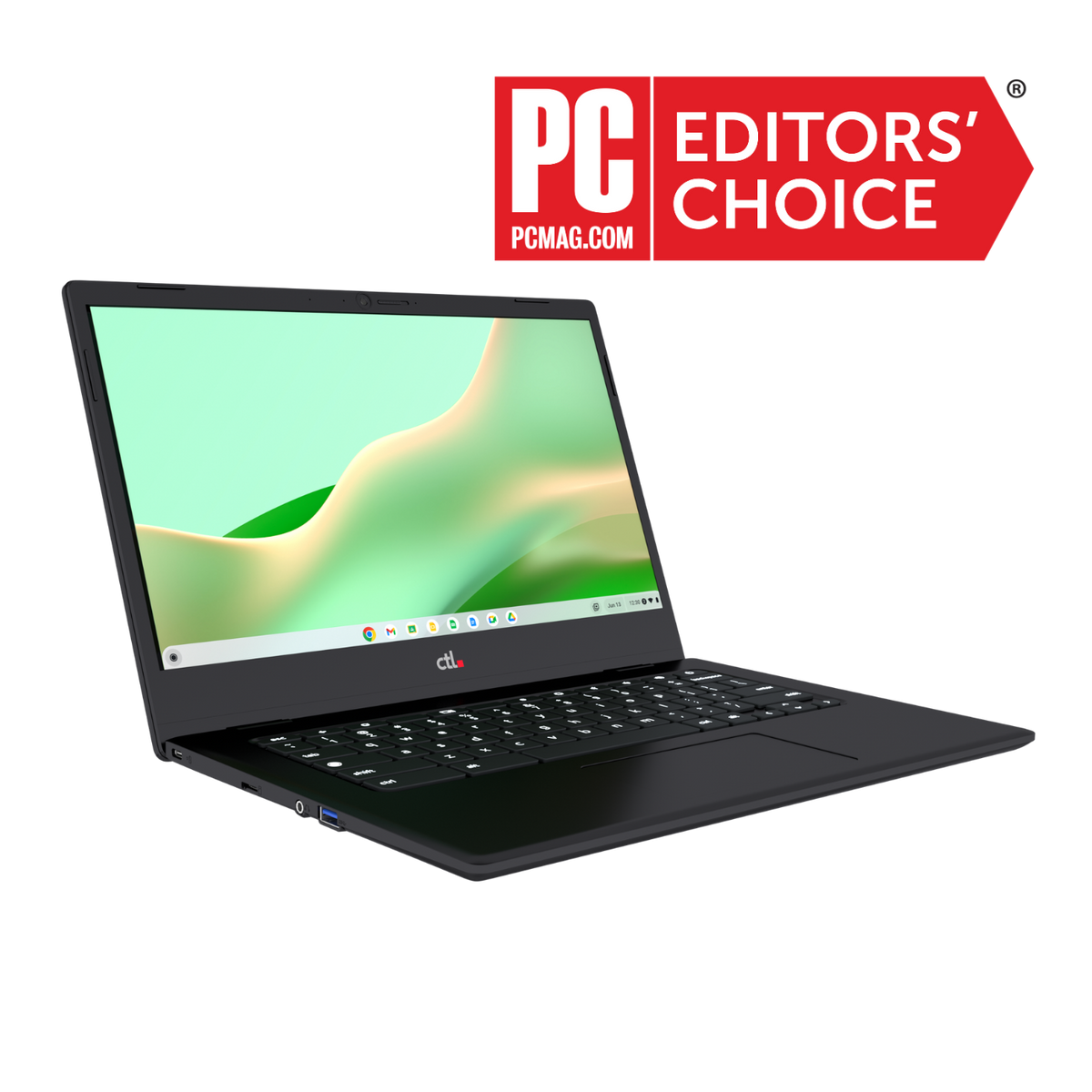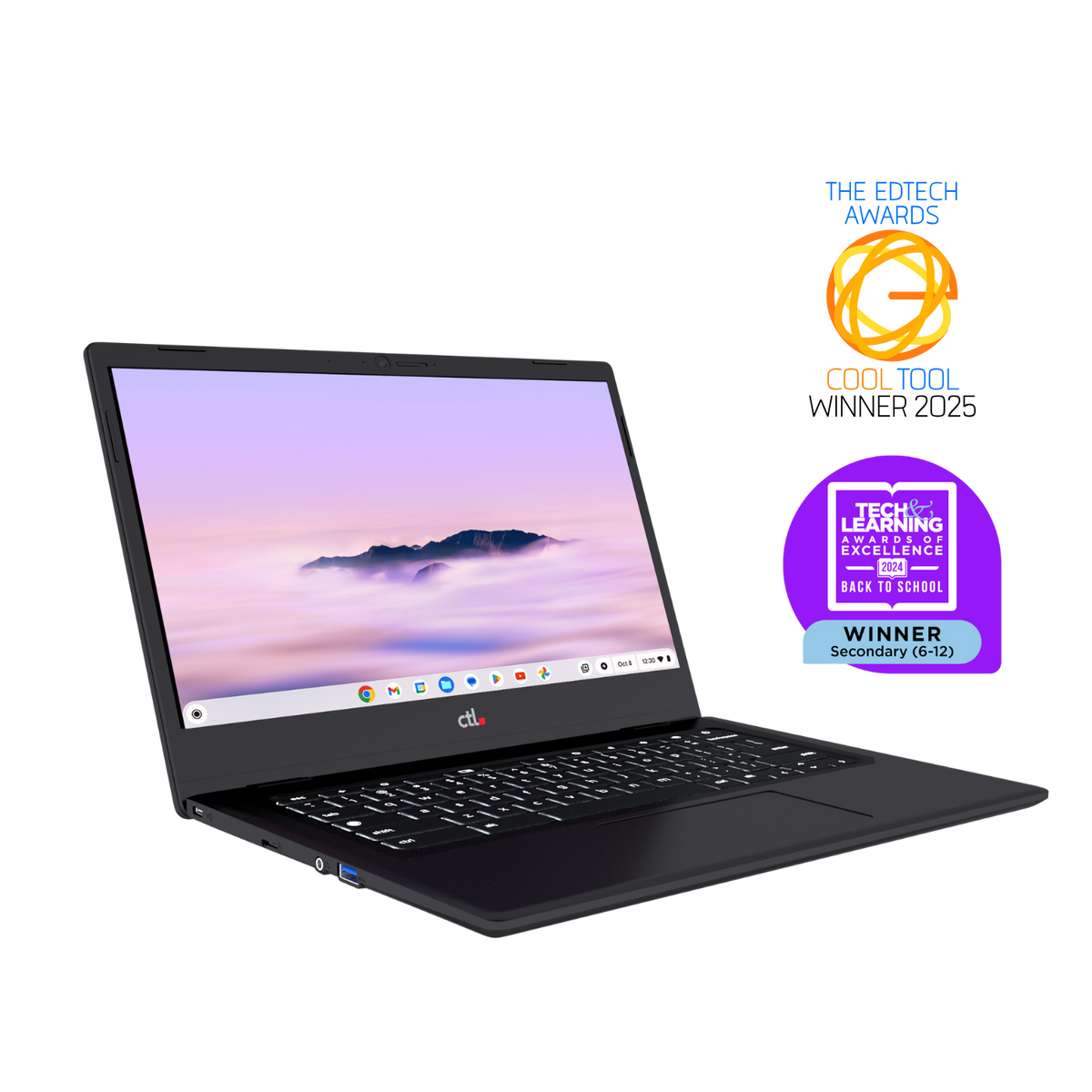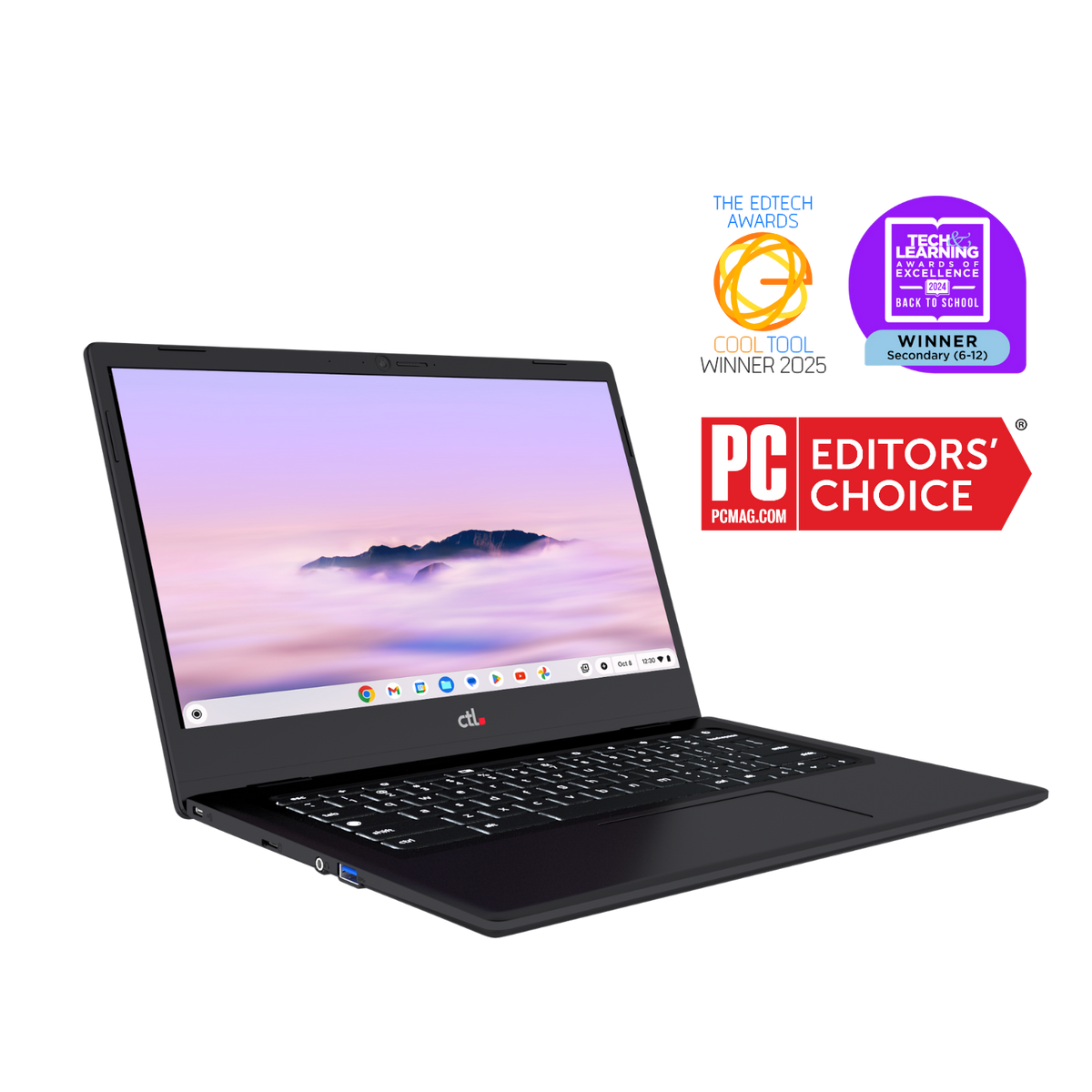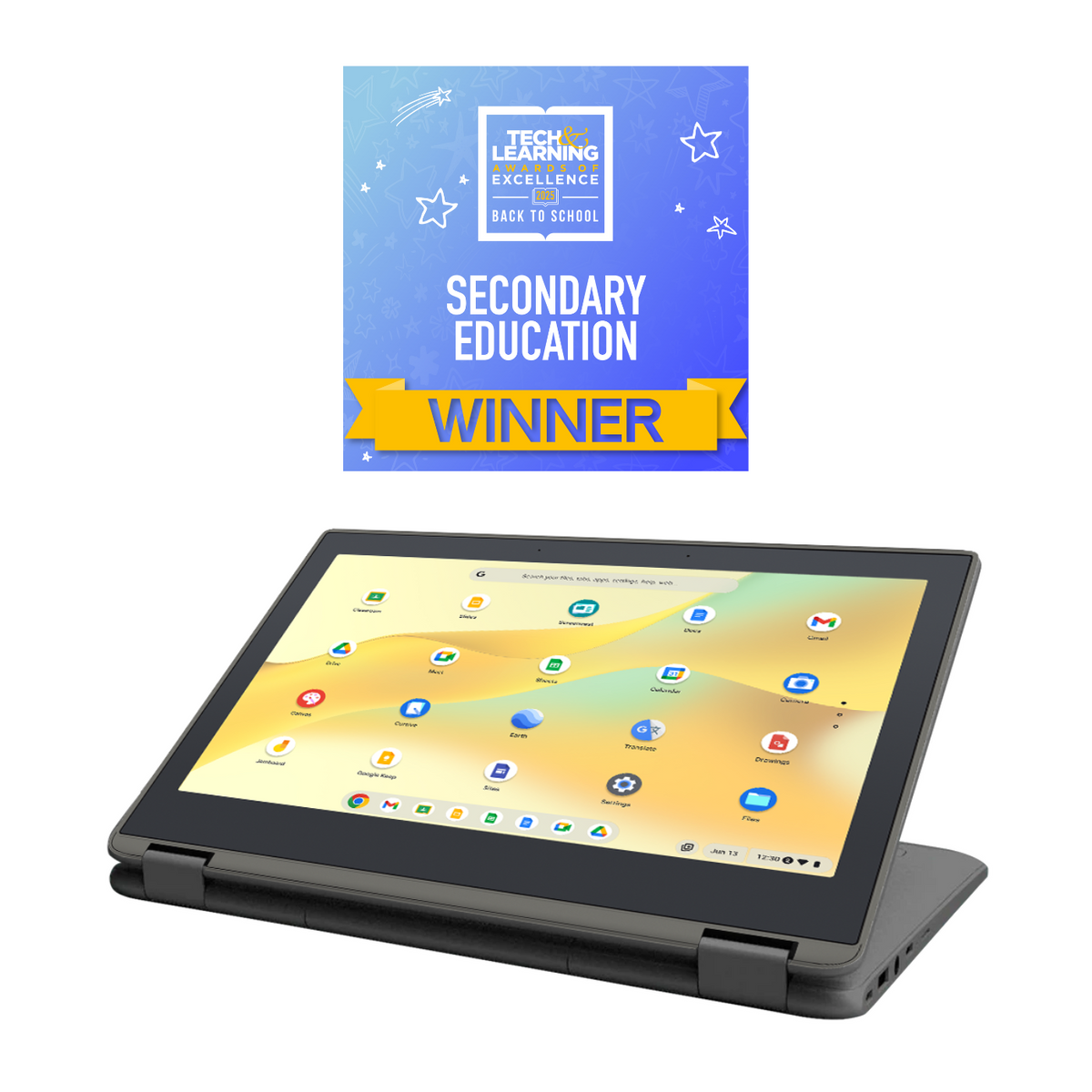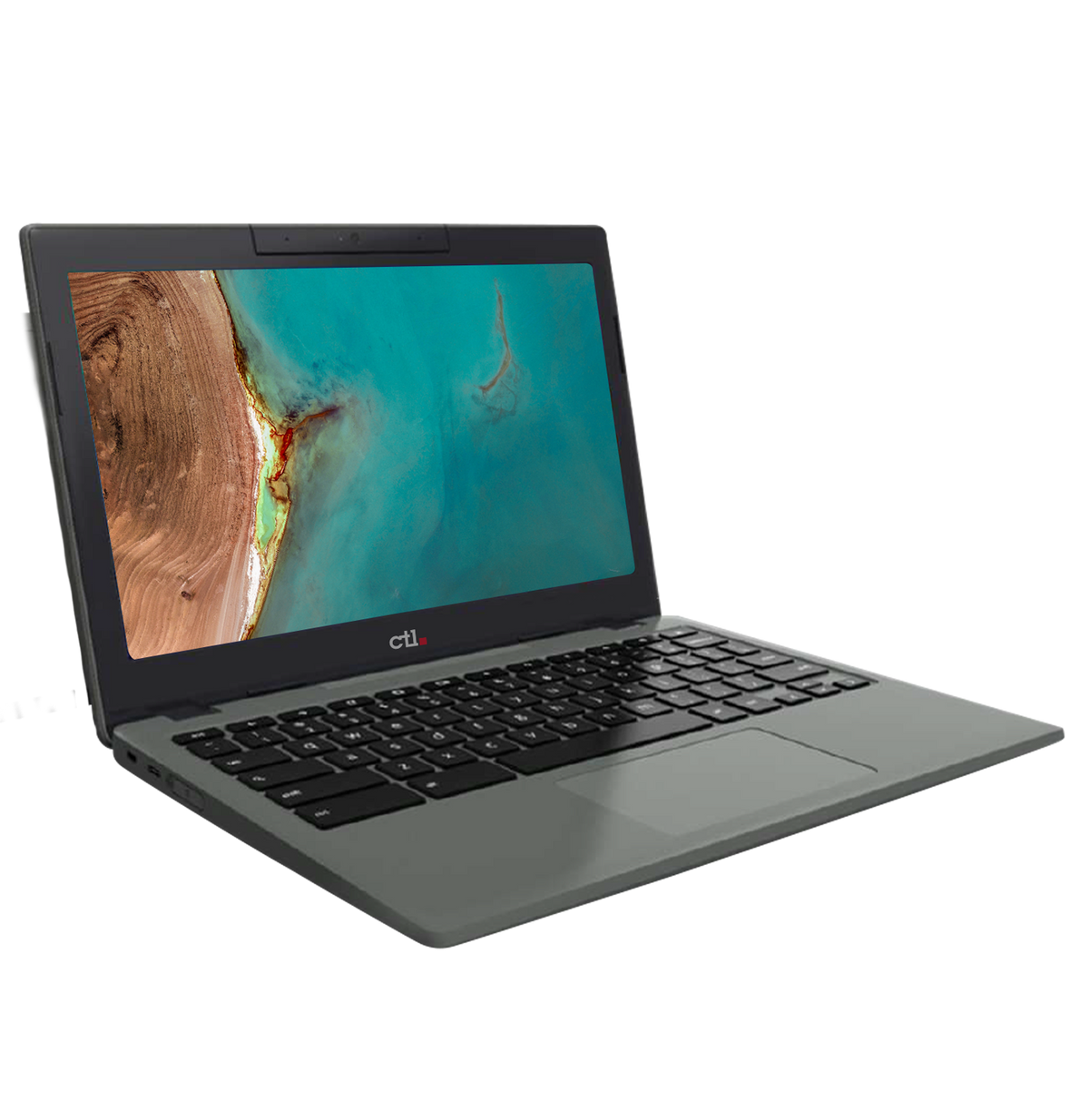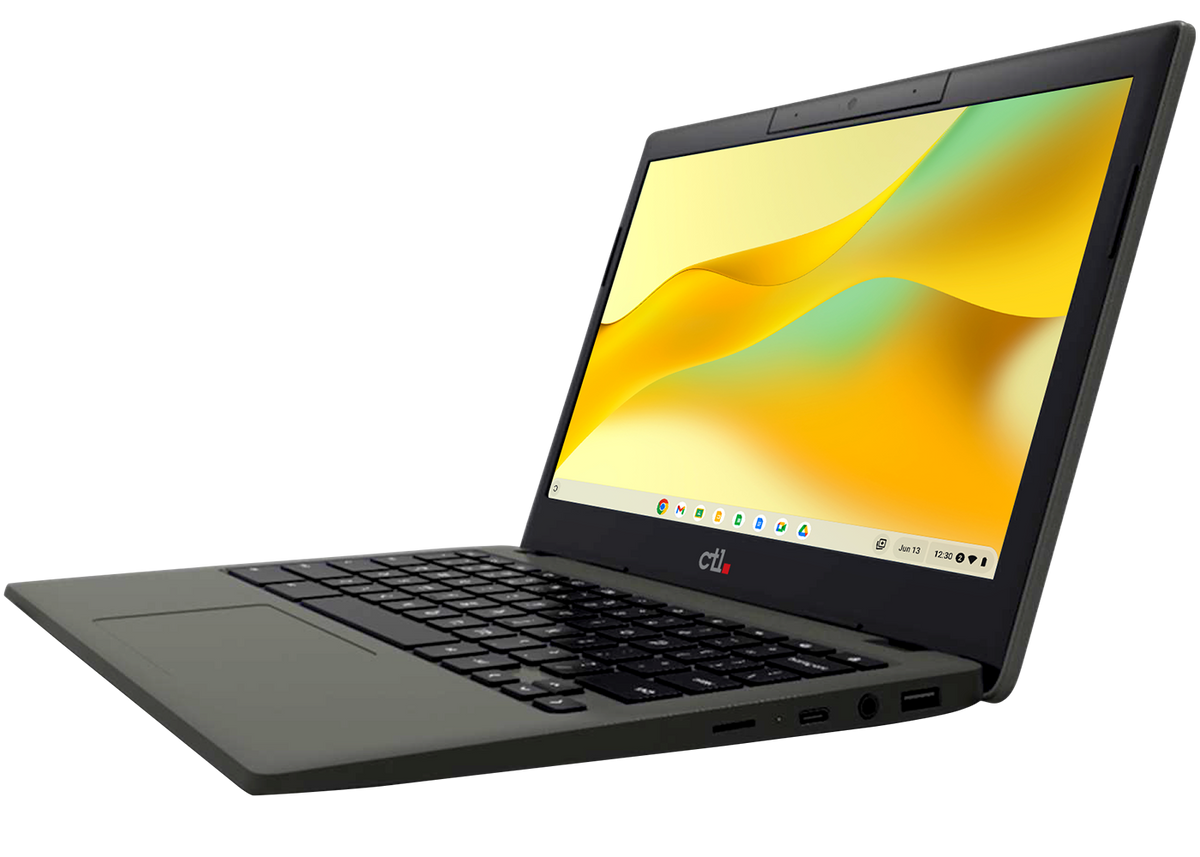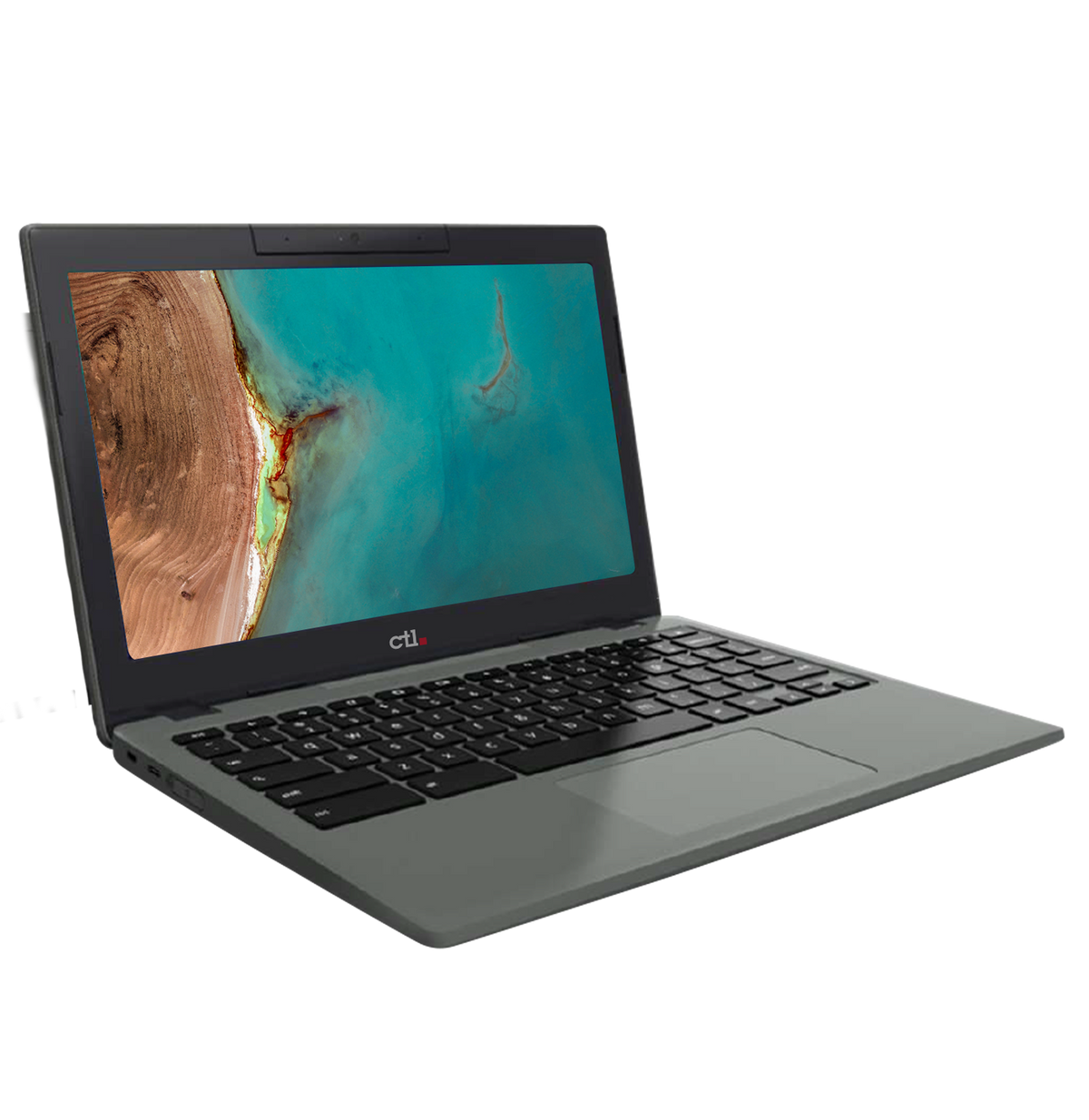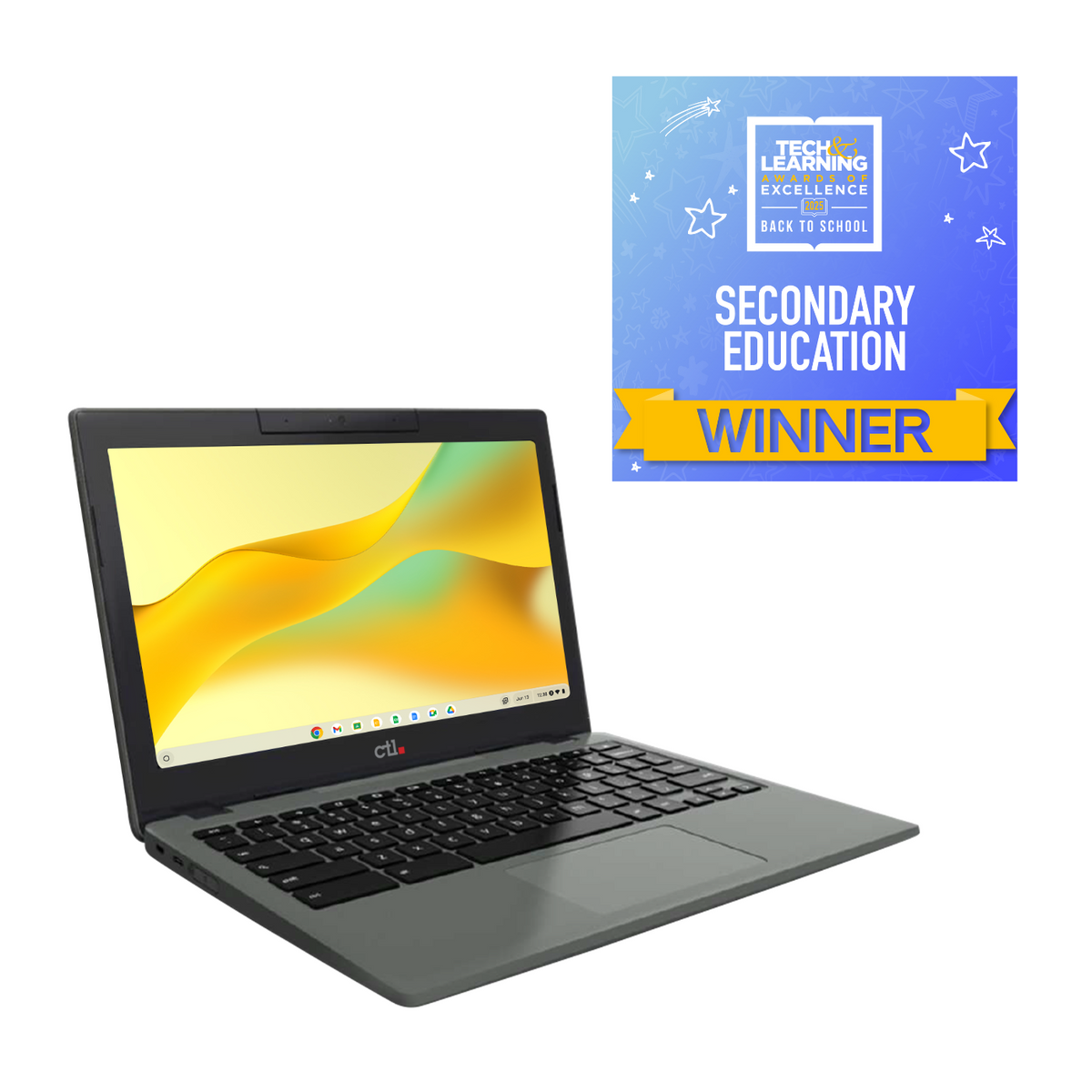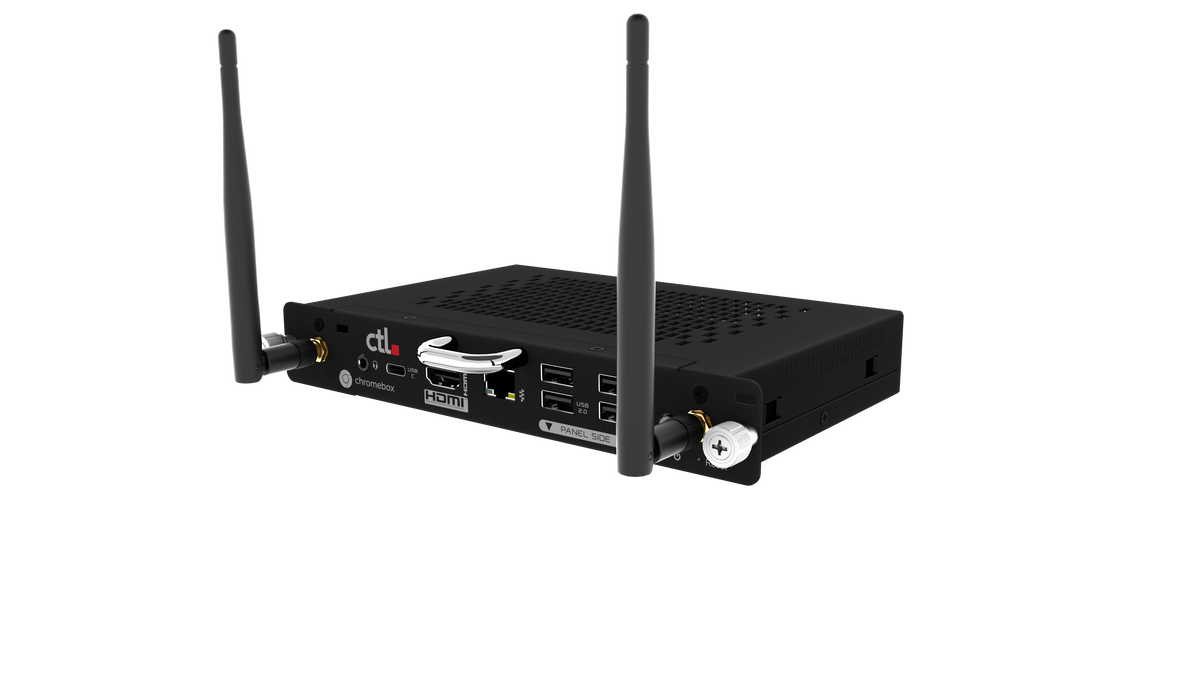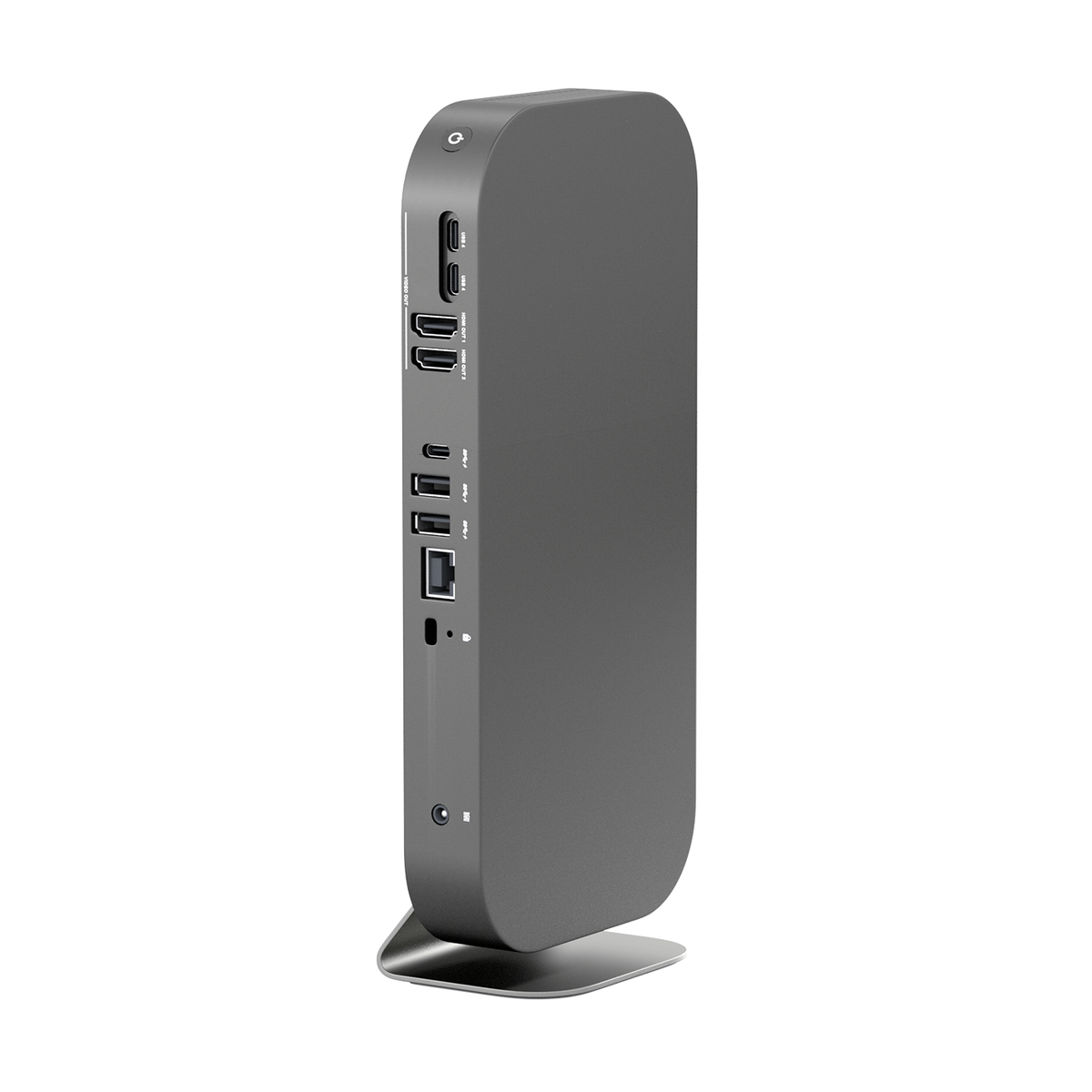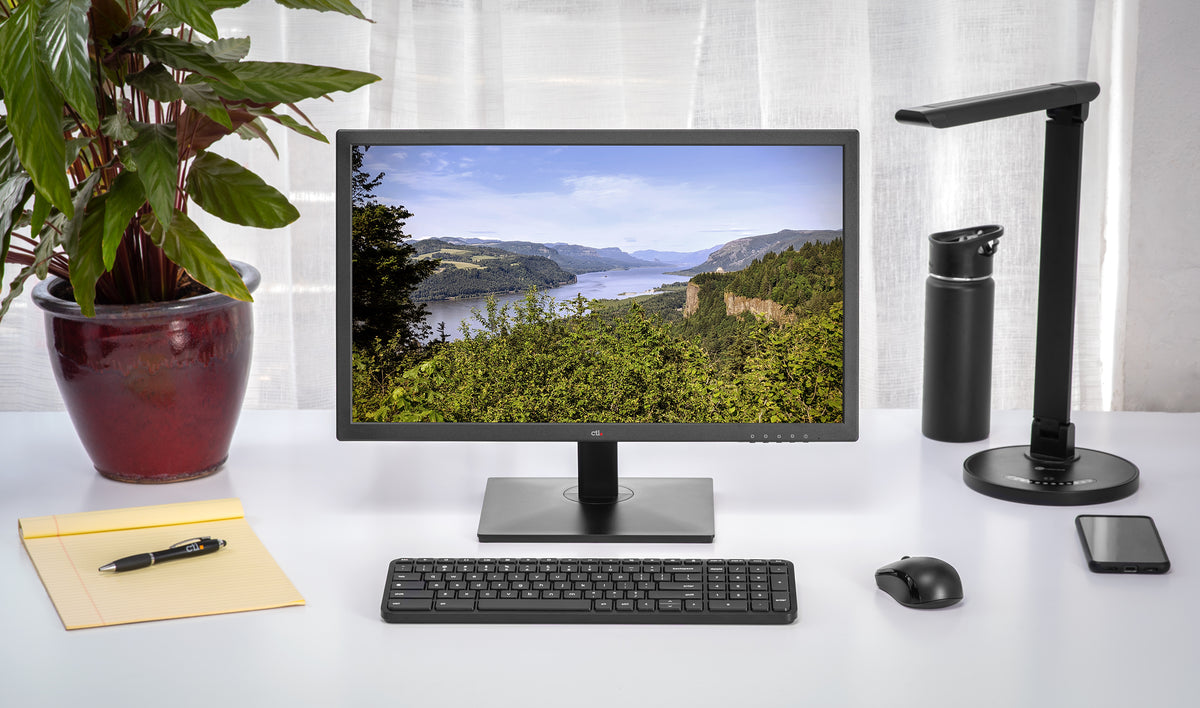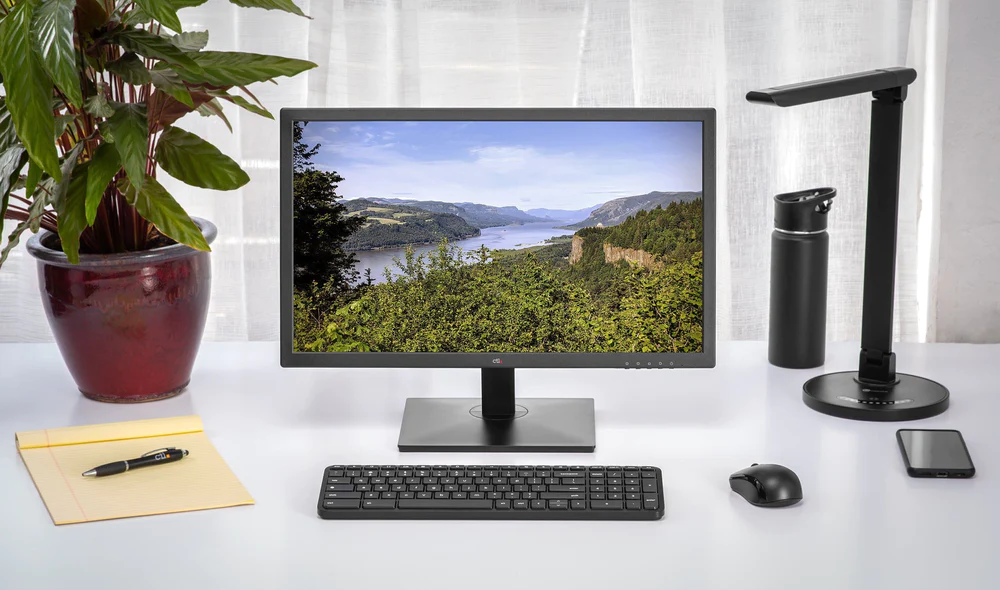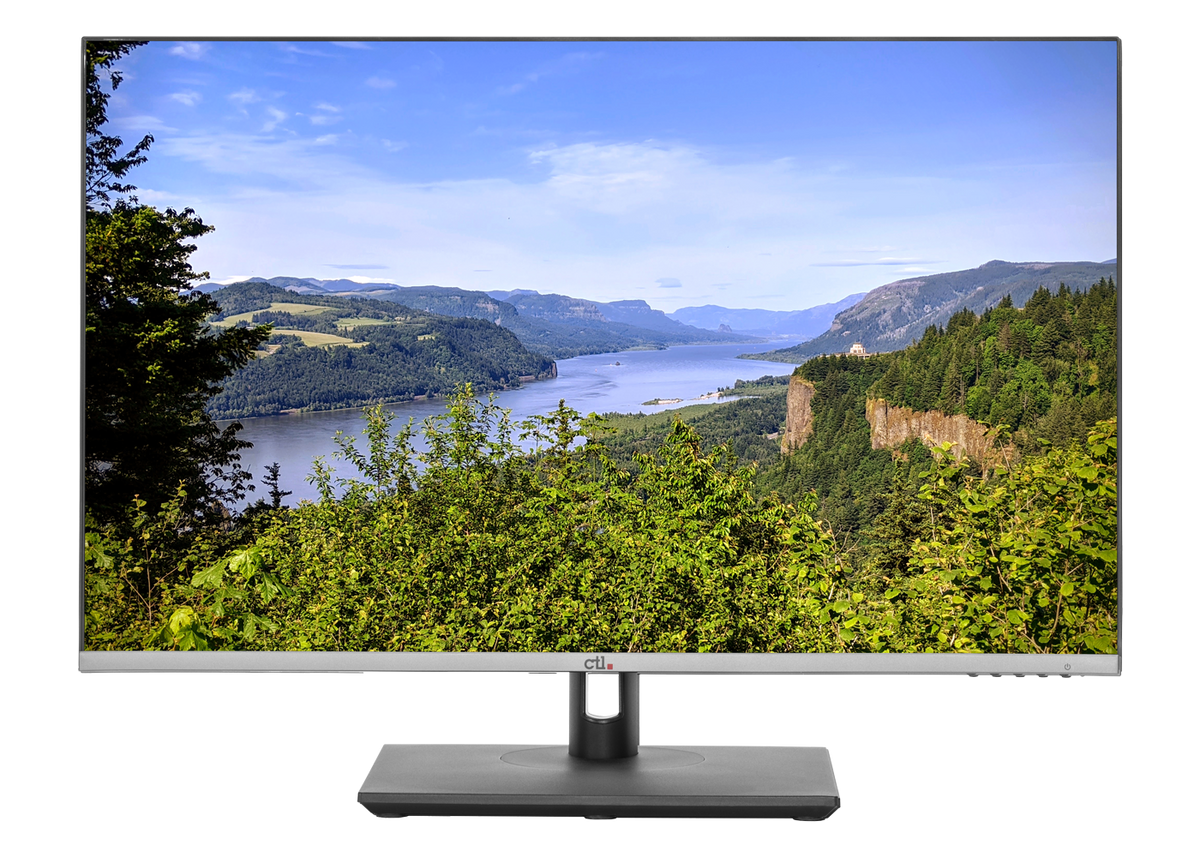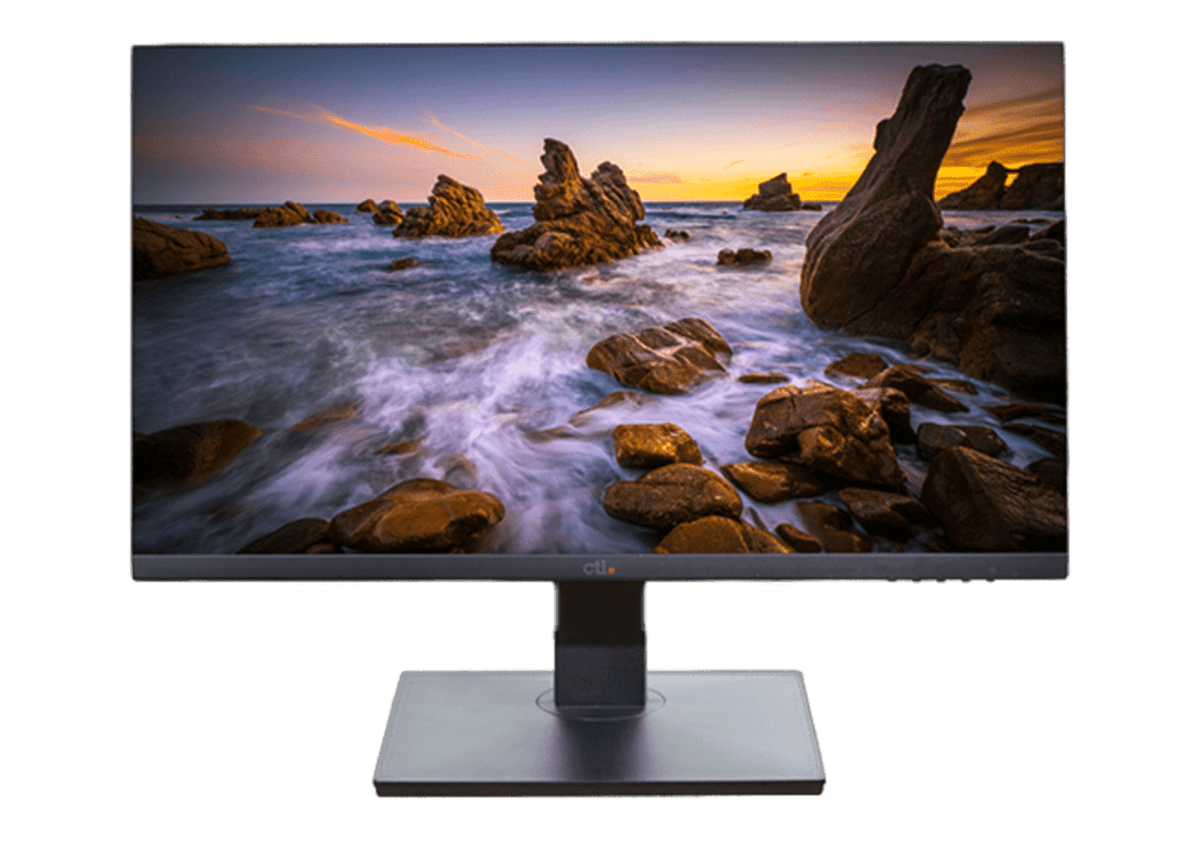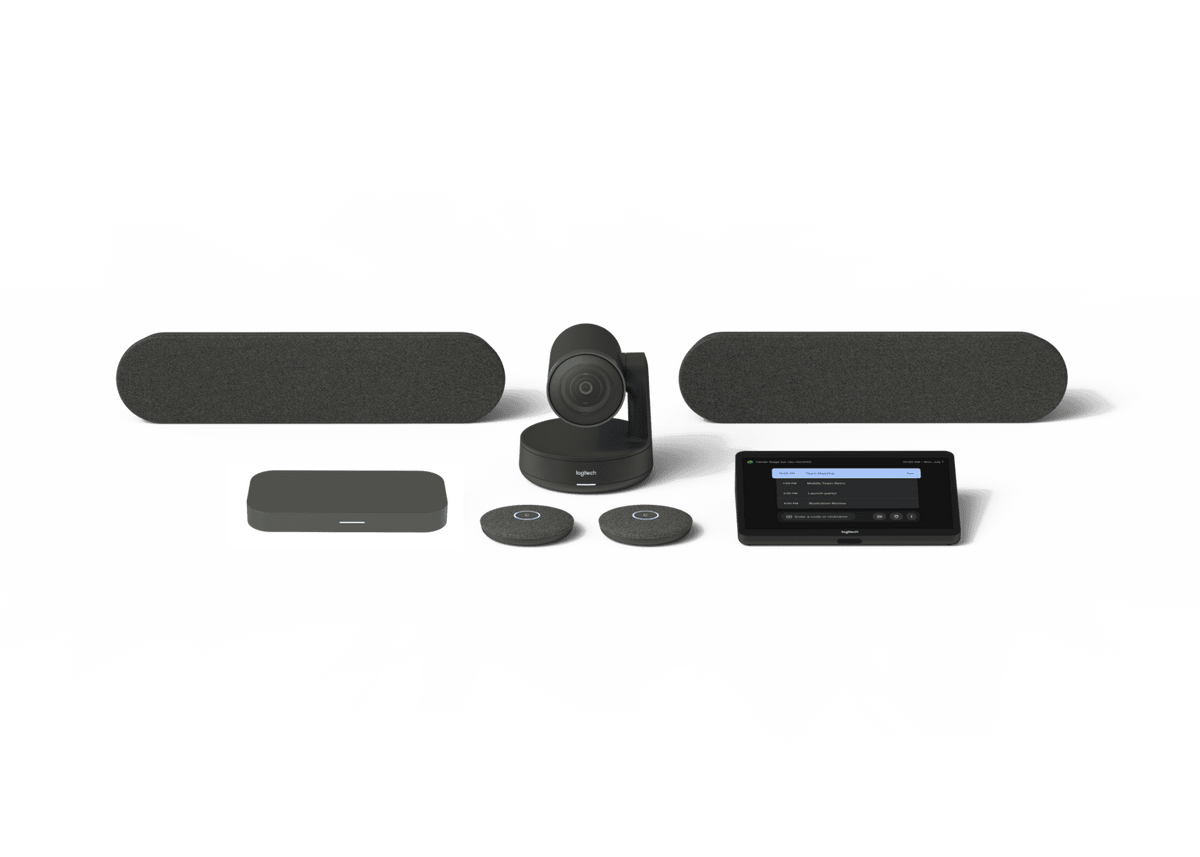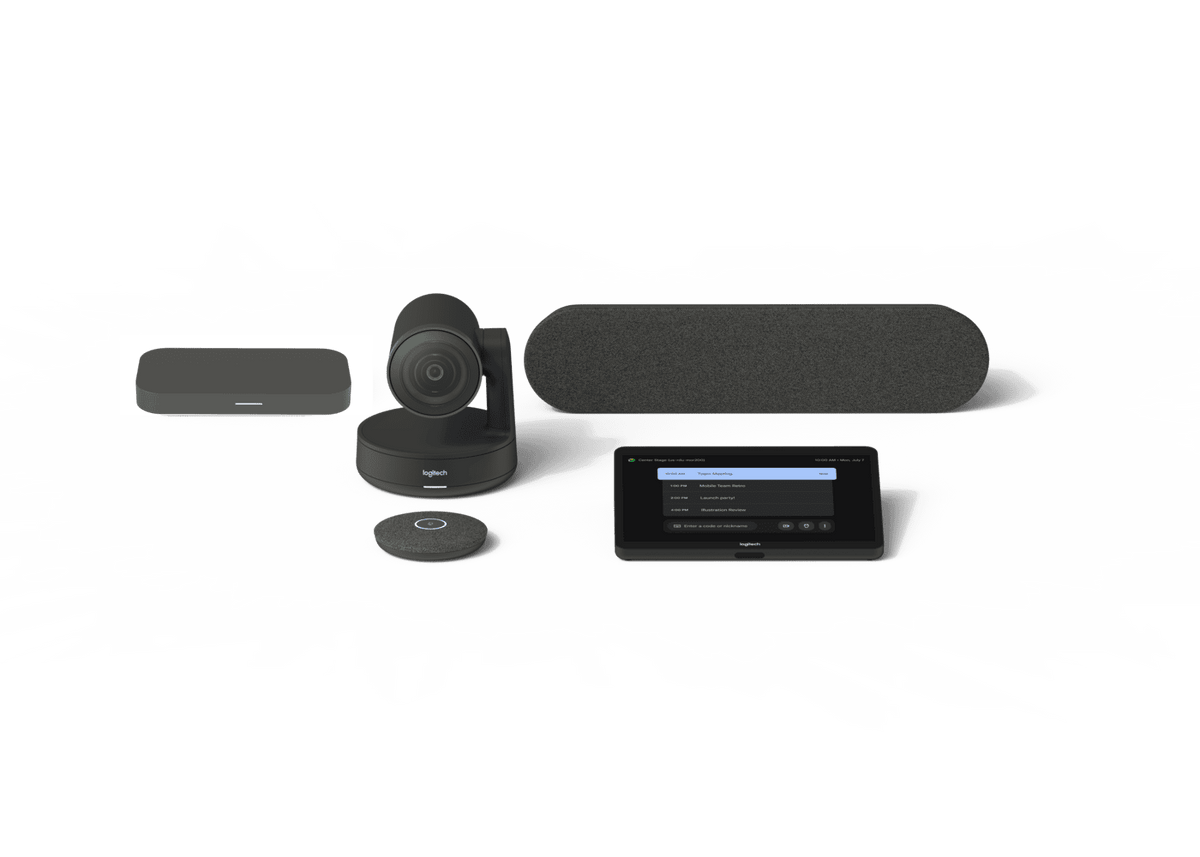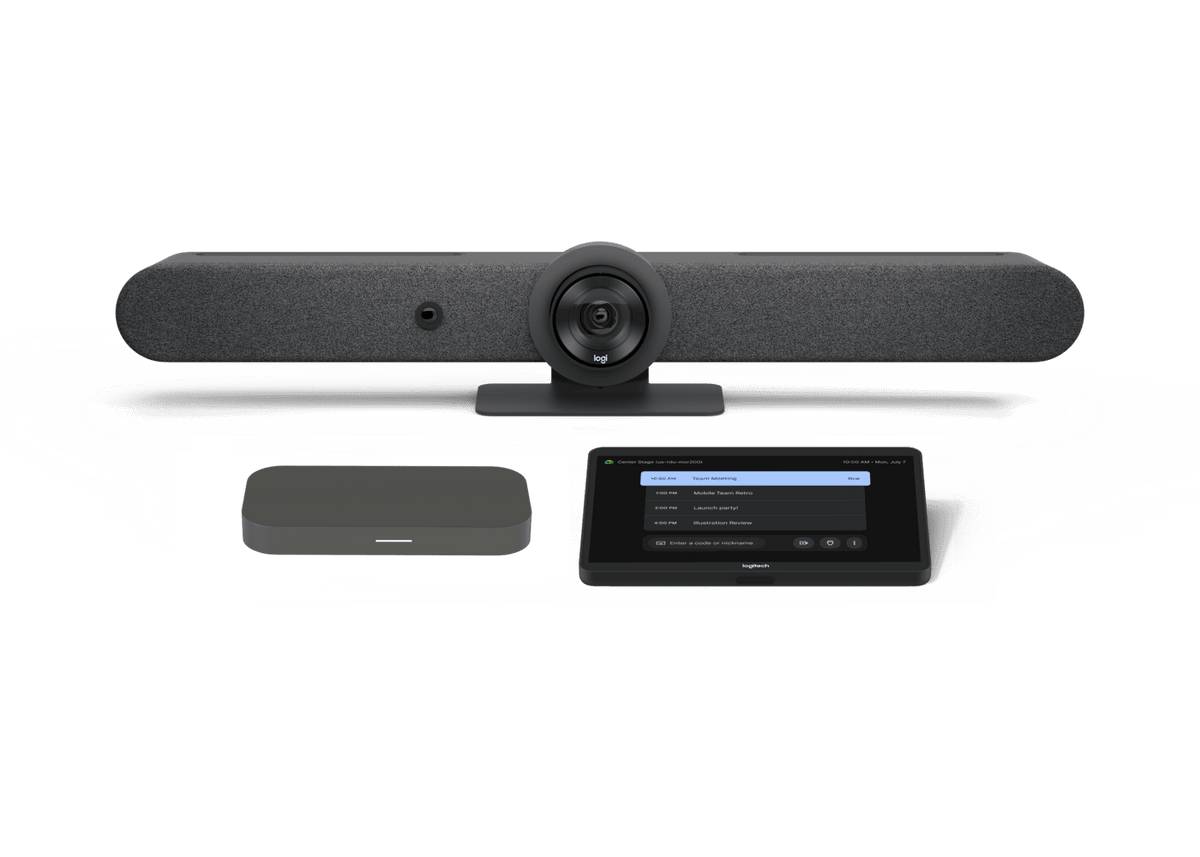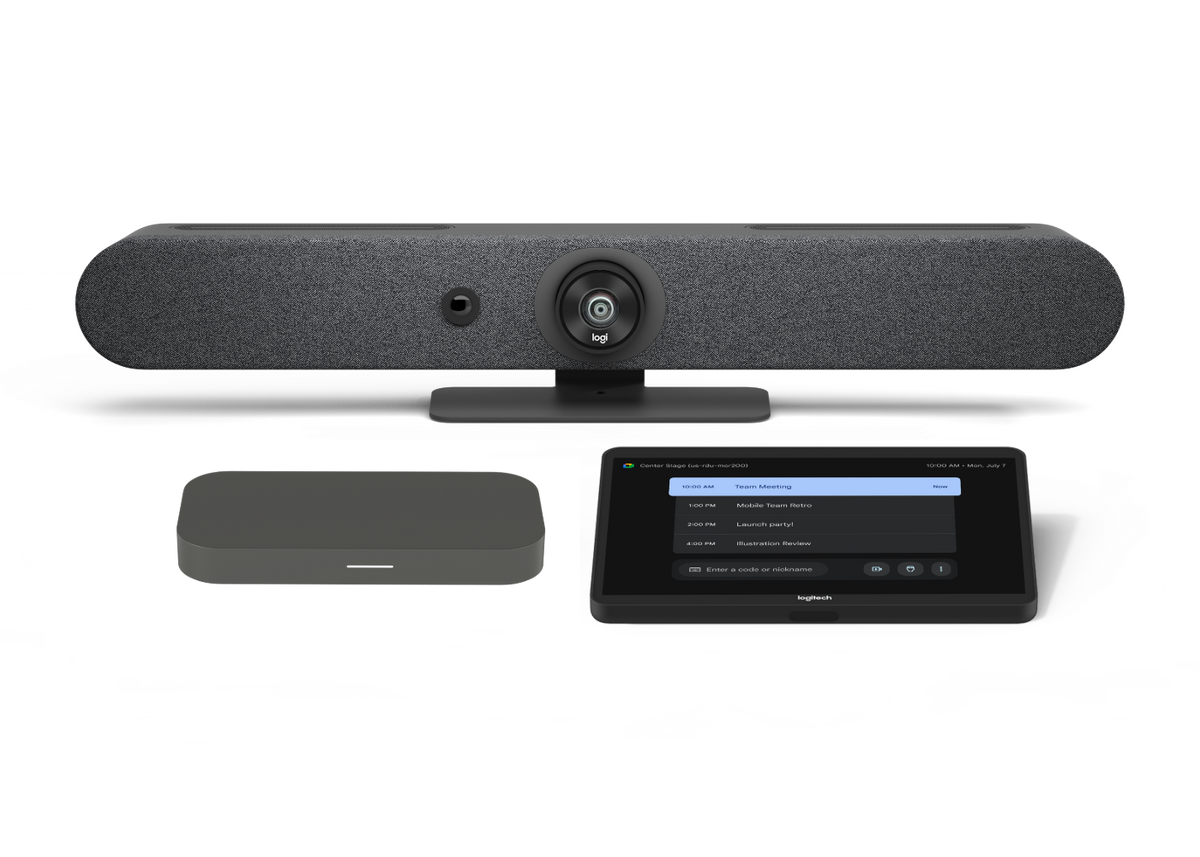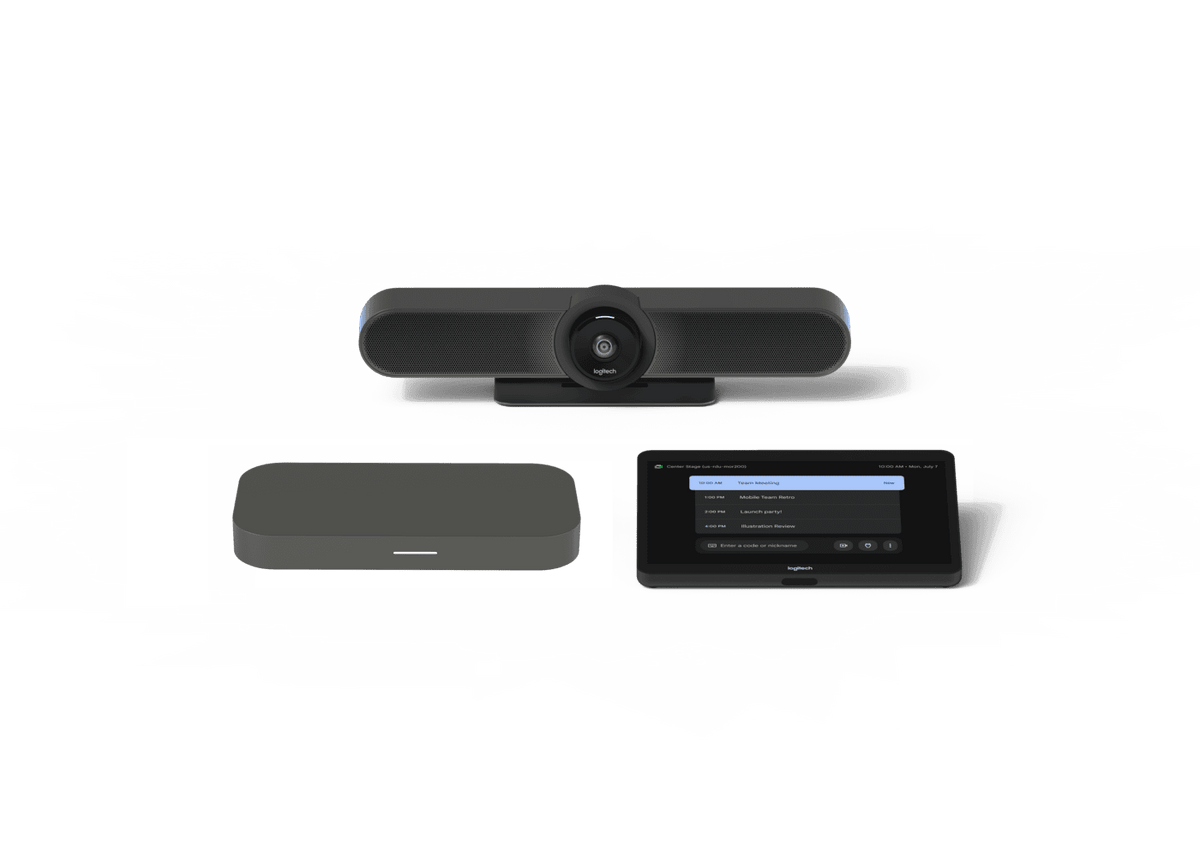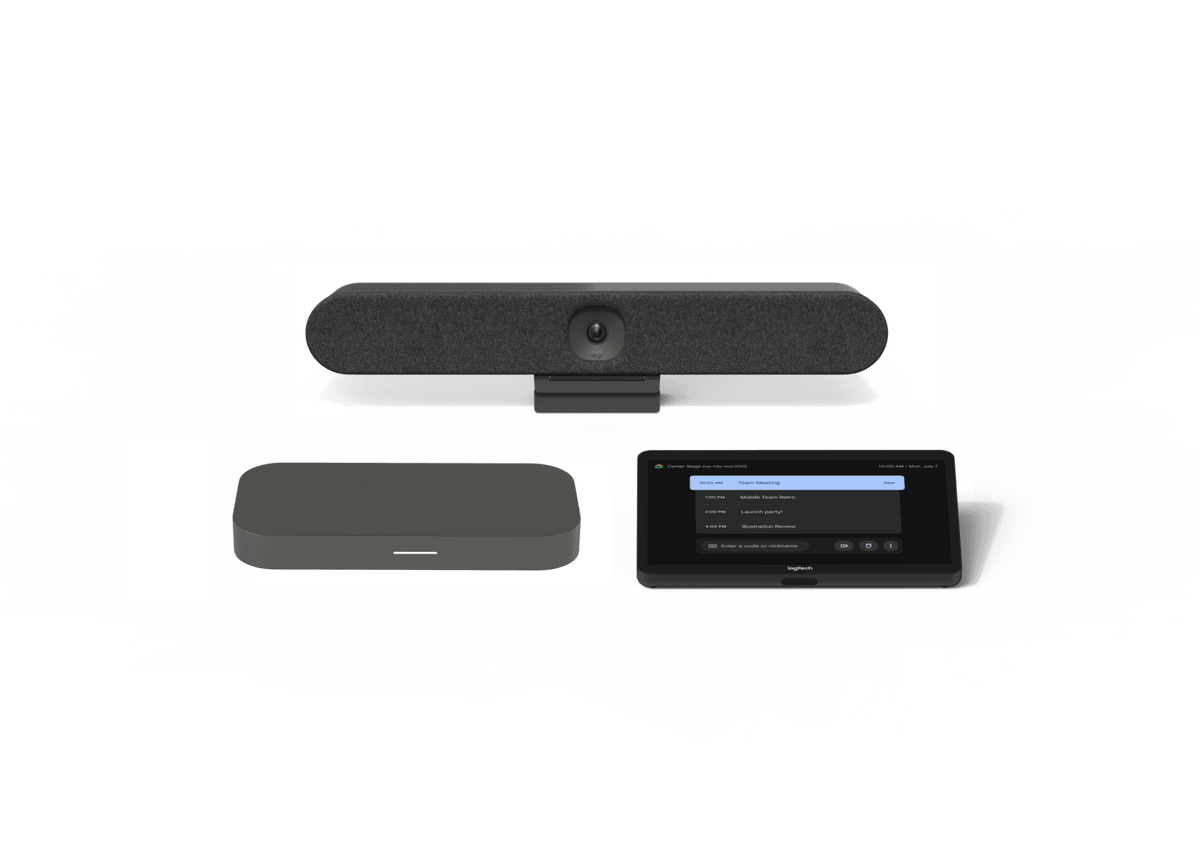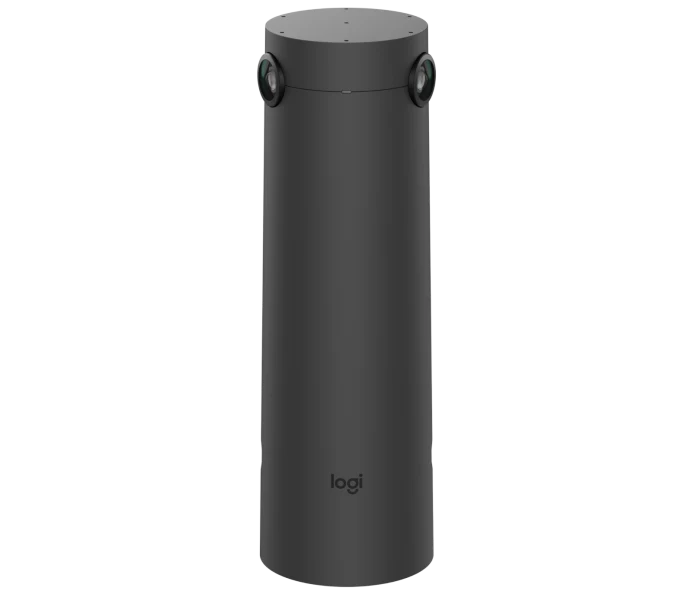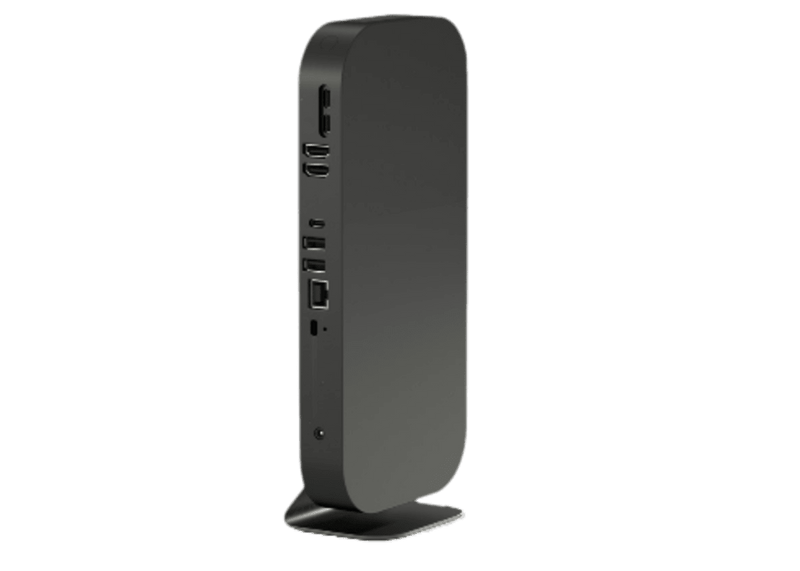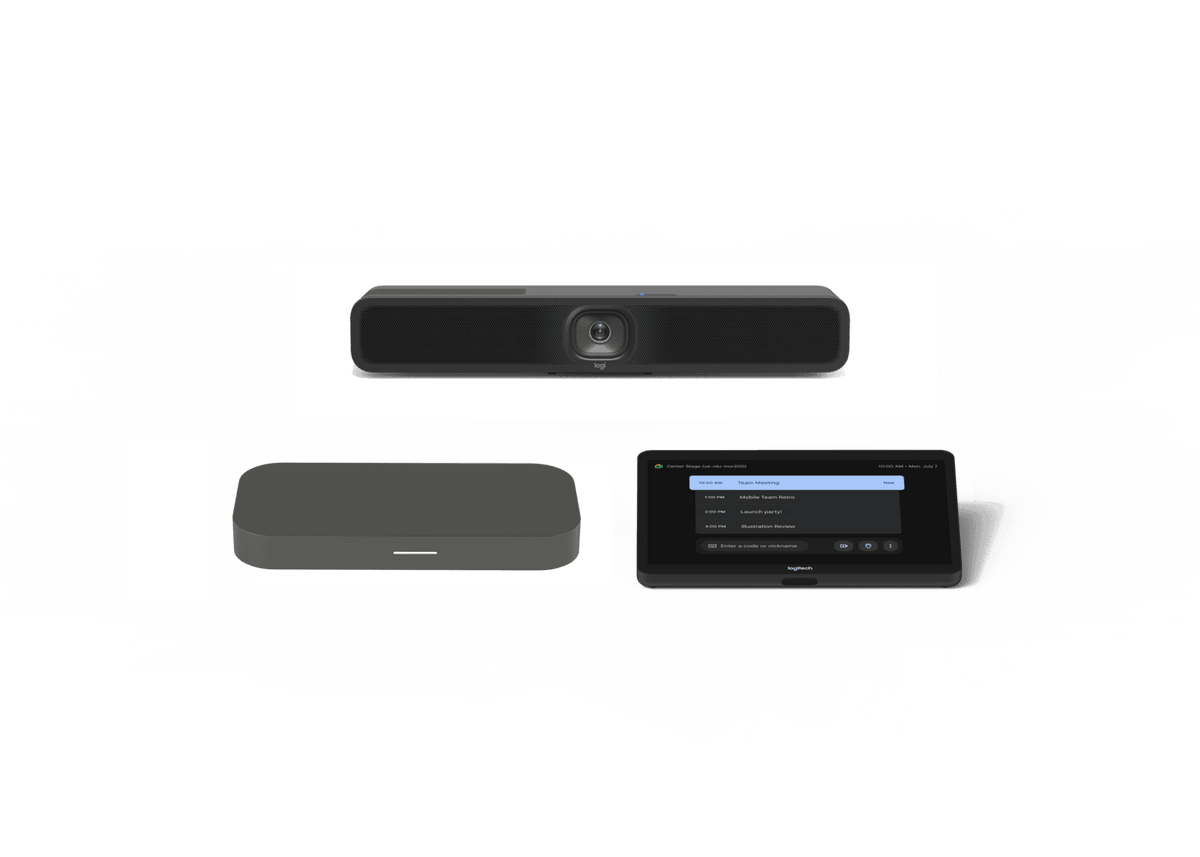The Future of Education Technology Conference (FETC) recently wrapped up in Orlando, Florida, leaving a trail of excitement and innovation in its wake. This annual gathering of educators, tech leaders, and industry experts serves as a crucial platform to showcase the latest advancements in educational technology.
CTL was there and observed several key trends that are emerging. Here’s our glimpse into the trends for the future of learning:
1. AI-Powered Personalization Takes Center Stage at FETC:
Artificial intelligence (AI) continued to dominate conversations, with personalized learning experiences taking center stage.
-
AI-powered tutors. Several companies showcased AI-driven tutoring platforms that provide personalized feedback, identify knowledge gaps, and adapt to individual learning styles. These tools promise to offer more effective and engaging learning experiences for students of all levels. CTL loved the AI chatbot dogs, take a look.
-
Adaptive learning platforms. These platforms leverage AI algorithms to adjust the difficulty and pace of learning based on each student's performance. This allows for a more customized and efficient learning journey, ensuring that students are challenged and supported appropriately.
-
AI-driven assessment. AI is revolutionizing how we assess student learning. Intelligent assessment tools can provide real-time feedback, identify areas for improvement, and even predict future performance, allowing educators to make data-driven decisions and tailor instruction accordingly.
2. The Rise of Immersive Technologies:
We saw immersive technologies like virtual reality (VR) and augmented reality (AR) all over the show floor. Here’s how they’re transforming the learning landscape.
-
VR/AR in classrooms. Educators are increasingly exploring the use of VR and AR to bring learning to life. From virtual field trips to interactive simulations, these technologies offer immersive and engaging experiences that can enhance student understanding and motivation. We saw cool demos in the SCIVR booth.
-
Skill development. VR and AR are proving to be powerful tools for developing critical skills such as problem-solving, decision-making, and spatial reasoning. Simulations can provide safe and controlled environments for students to practice real-world scenarios and develop essential skills.
3. Cybersecurity Takes Center Stage:
With the increasing reliance on technology in education, cybersecurity is obviously a top priority. We thought it was interesting that this year CISA had a large booth full of inquisitive attendees.
Here’s what else we saw as hot topics:
-
Data privacy and security. Discussions around data privacy and security were prevalent throughout the conference. Educators and technology providers are working together to ensure that student data is protected and used responsibly.
-
Last-mile digital citizenship. Promoting digital citizenship among students is crucial in today's connected world. Educators are exploring ways to teach students about online safety, responsible technology use, and the ethical implications of technology. Check out Cybernut’s solution for anti-phishing training for teachers and students.
-
A note about cell phones on campus. We saw several solutions for schools that ban cell phone use while at school. From RFID pouches to this cool cyber fencing solution, it was certainly a hot topic at FETC.
For complete details on cybersecurity on Chromebooks, view CTL’s recent webinar on “What's New with Chromebook Cybersecurity.”

4. 2025 Chromebook Refresh Trends
During the pandemic, schools rapidly distributed laptops to ensure equitable online learning. These devices are now aging and approaching the end of their service life. While a large-scale "Chromebook refresh" was anticipated, several factors are now influencing this process and a new approach is necessary. As a major player in the Chromebook market, CTL recognizes both the challenges and opportunities in developing a strategic, cost-effective, and sustainable refresh plan that prioritizes the needs of students and schools. Here is what we’re seeing:
-
Creative funding. With the ESSER cliff, schools are turning to state, city, and philanthropic partnerships to help fill funding gaps. We’re also seeing a return to parent funding, and helping our customers with direct purchase options from our website, with coupon codes.
-
Adjusting refresh strategies. Rolling refresh strategies are now in play,where portions of Chromebooks are replaced each year rather than one big purchase. We’re also seeing a shift in providing Chromebook Plus devices to teachers to save cost over the more expensive Windows and Mac laptops. Here’s how one CTL customer successfully switched his school’s teachers from Windows to Chromebook Plus.
-
Extending the life of existing devices and discounts on new devices. As a Certified B Corp™ with a commitment to sustainability, CTL always recommends a few strategies to ensure customers get the most out of their investments and keep devices out of landfills:
-
develop self-repair functionality
-
employ a trusted service partner like CTL, with free shipping and 5-day guaranteed turnarounds
-
considering refurbished equipment
-
trade-ins old devices for credit toward new device purchases.
5. Learning Equity and Accessibility for All Learners:
Ensuring equitable access to technology and quality education for all students remains a critical goal.
-
Bridging the digital divide. Efforts to bridge the digital divide and ensure that all students have access to the technology and resources they need to succeed were a key focus. One key issue is after-hours connectivity, and there was discussion in the booth about CTL’s LTE-enabled Chromebooks for providing anytime, anywhere access to learning.
-
Accessibility for students with disabilities. Innovative technologies are being developed to make education more accessible for students with disabilities, including assistive technologies, text-to-speech software, and personalized learning tools.
Looking Ahead at the Future of Education Technology
FETC 2025 provided a valuable opportunity for educators and technology leaders to connect, learn, and explore the latest innovations shaping the future of education. The trends highlighted at the conference underscore the transformative power of technology to personalize learning, enhance student engagement, and prepare students for success in an ever-changing world.
Learn more about Chromebook cybersecurity
Learn more about the differences between Chromebook and Chromebook Plus
Learn more about extending the life of your current devices with CTL.
